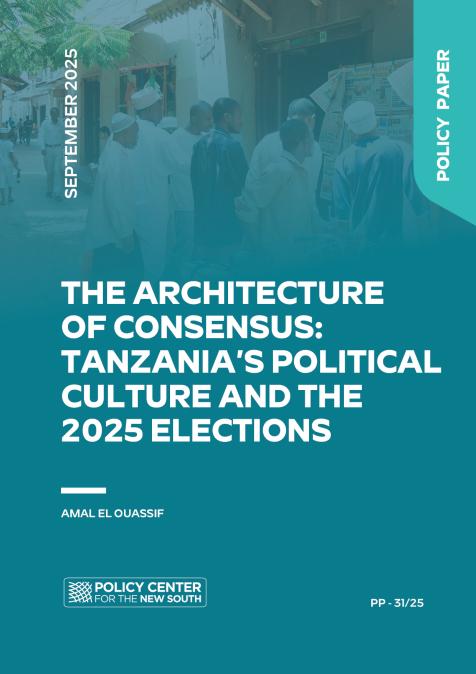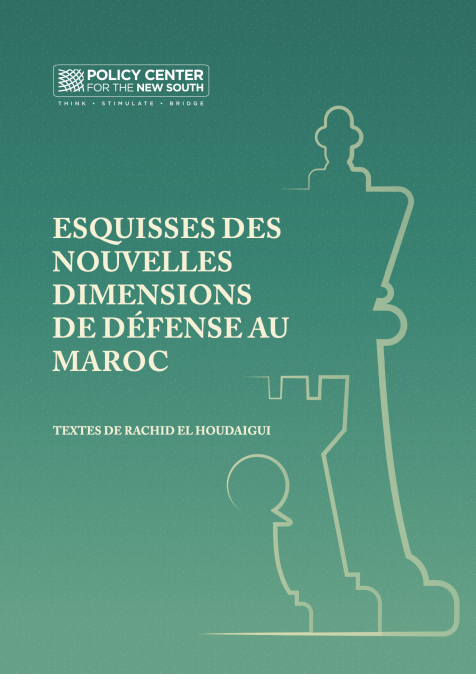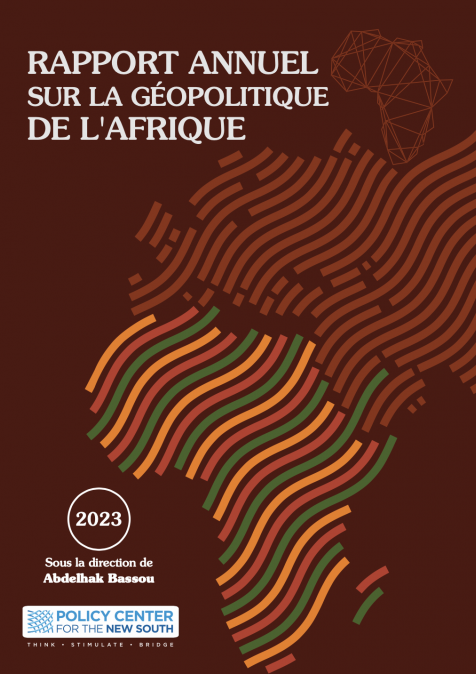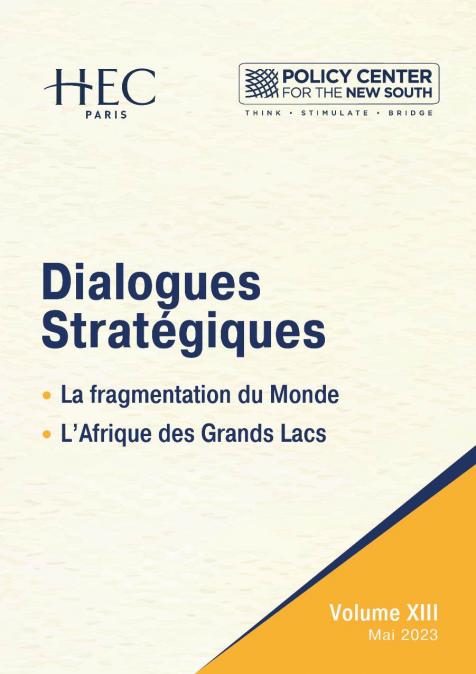Publications /
Policy Paper
The October 2025 general elections in Tanzania unfold within a political culture grounded in consensus and institutional continuity. President Samia Suluhu Hassan’s leadership has reopened political space by restoring elite dialogue, easing restrictions on rallies, and facilitating the return of exiled figures. Yet the exclusion of CHADEMA—the principal opposition party—highlights the enduring limits of pluralism. This paper analyzes the Tanzanian electoral process less as a conventional test of democratic competition than as a recalibration of consensus politics, where inclusion and exclusion are managed within a hegemonic framework shaped by the legacies of ujamaa and the dominance of Chama Cha Mapinduzi (CCM). Drawing on the works of Hyden and others, the analysis situates the 2025 elections within a historical continuum in which elections function as instruments of national affirmation and elite negotiation rather than mechanisms for alternation of power. The discussion develops along three interrelated dimensions: the persistence of elite accommodation within CCM, the bounded openness of civic and opposition space, and the symbolic but limited role of procedural pluralism. It argues that Samia’s leadership reflects a strategy of “negotiated legitimacy,” with reforms carefully calibrated to safeguard stability and international credibility while preserving the architecture of dominance. The conclusion reflects on the implications of this model for Tanzania’s future: while stability is maintained through consensus without contestation, growing demographic, social, and digital pressures may test the resilience of this political order beyond 2025.











